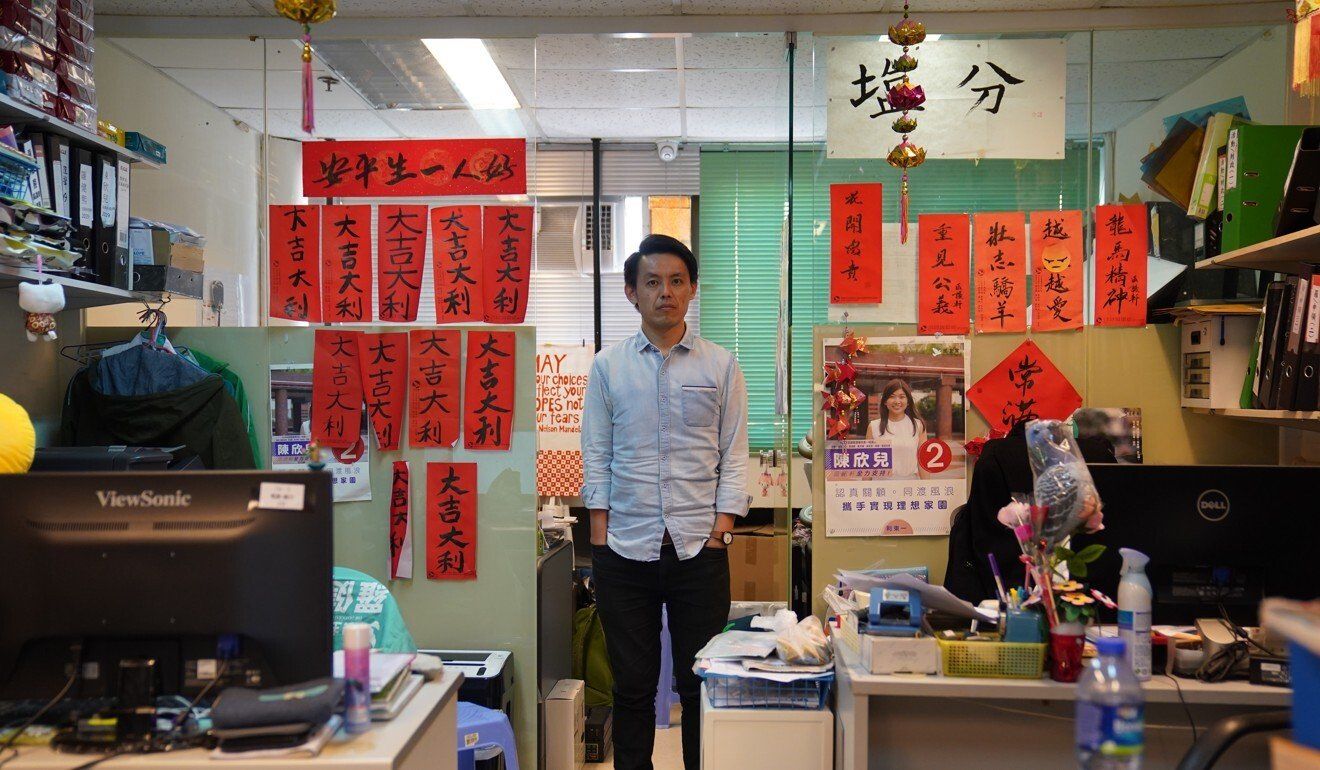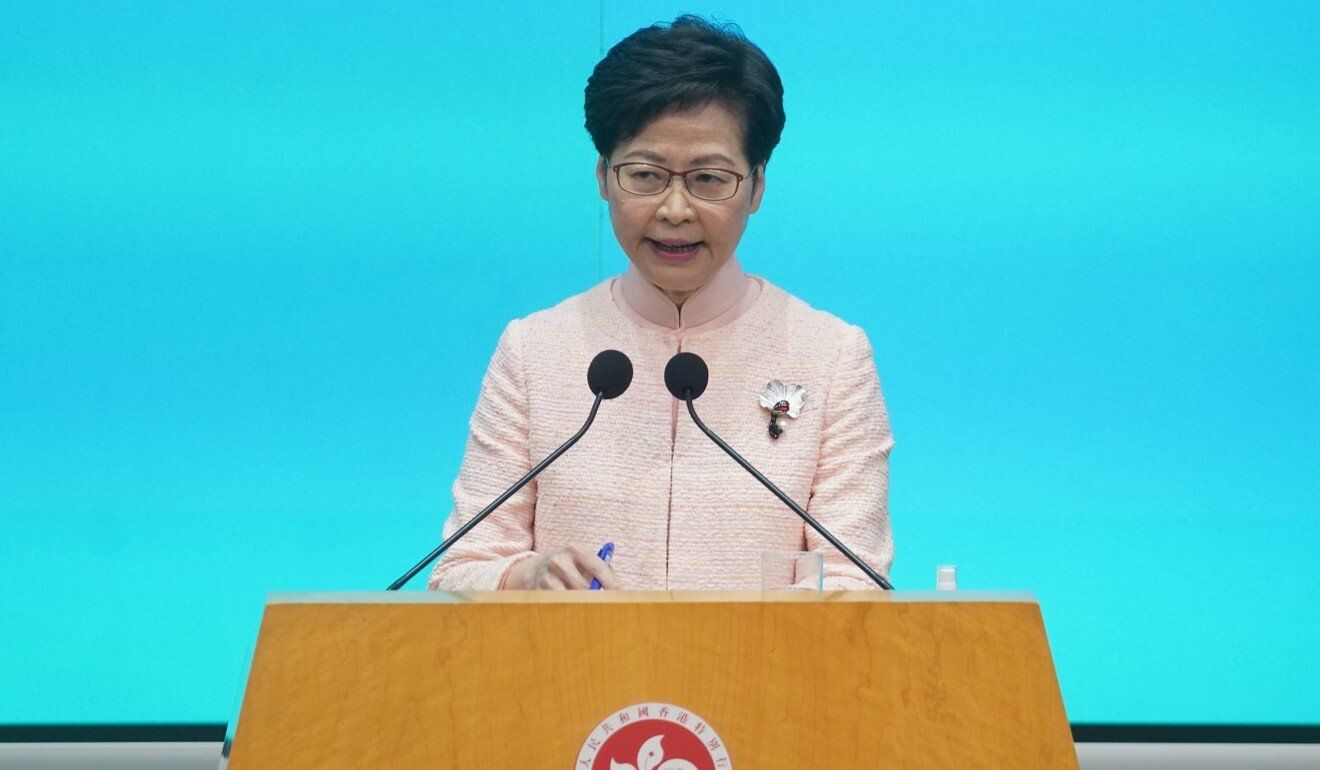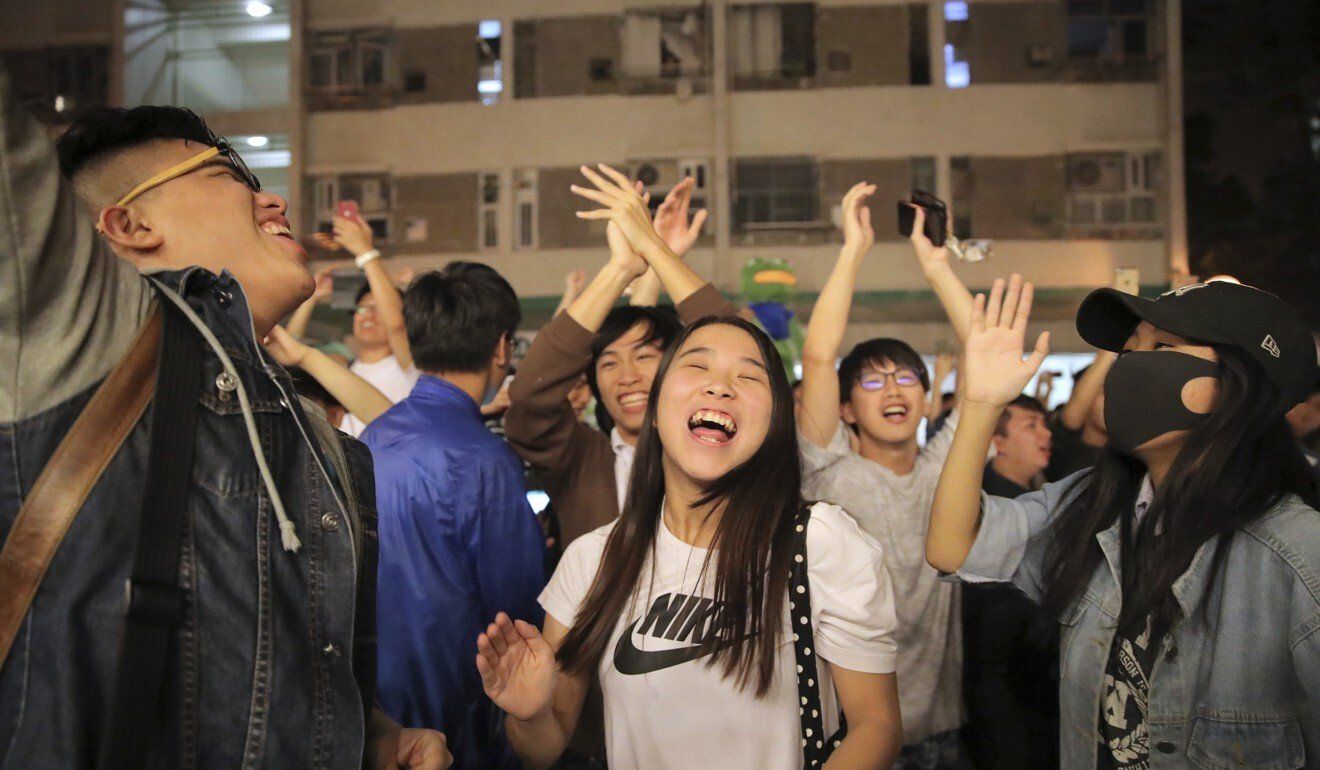Hong Kong News

Hong Kong’s district councils: with opposition resigning in droves, what happens next?
It was only 20 months ago that Hong Kong’s opposition camp was celebrating a landslide victory in the district council elections at the height of the 2019 anti-government protests, vowing to push ahead with their democratic agenda via the municipal-level bodies.
But in the past week, at least 207 of them have voluntarily resigned their seats ahead of new oath-taking rules requiring they pledge allegiance to the city’s Basic Law and special administrative region – and on the heels of government leaks suggesting they could be forced to return an entire year of salary and other funding.
Here is what you need to know about the recent twist, and why district councils will not be the same going forward:
What are the functions and responsibilities of district councils?
Hong Kong’s 18 district councils are responsible for advising the government on matters affecting the well-being of local residents and the provision and use of public facilities and services in their areas.
They are provided with funds each year to implement minor local work projects and facilitate community involvement within their districts.
Although the municipal-level bodies are considered the city’s lowest tier of government, district council elections are the most democratic polls held in Hong Kong, compared with those for the Legislative Council– in which a majority of seats are decided by a much smaller group of voters – and chief executive, which is selected by a 1,500-strong committee controlled by Beijing.
Of the 479 seats, 452 are directly elected by voters, with the remaining 27 taken up by rural committee chairmen in the New Territories as ex officio members.
District councils, over the years, had long been controlled by the pro-establishment bloc, which enjoyed more resources than their rivals. The tide only turned in 2019, when the opposition, riding high on the momentum of the protests, scored an unprecedented landslide victory.
 The Democratic Party’s Lo Kin-hei has stepped down from the Southern
District Council, but hopes to keep informally serving his former
constituents.
The Democratic Party’s Lo Kin-hei has stepped down from the Southern
District Council, but hopes to keep informally serving his former
constituents.What has triggered the mass resignation?
As part of the authorities’ drive to align local legislation with the Beijing-imposed national security law, the legislature approved a bill in May extending oath-taking requirements that once applied only to senior officials, judges and lawmakers to district councillors.
Under the new law, both negative and positive actions will be weighed in determining if public officers have failed to keep their oath. Committing “acts that undermine” Hong Kong’s interests, for instance, would fall into the negative category.
The bill’s introduction was widely seen as an attempt to pave the way for mass disqualification of the opposition district councillors who had swept to power.
The development took a dramatic turn last week when government sources told several media outlets – including the Post – that the administration planned to take a hardline approach, including disqualifying councillors who had posted protest slogans on their office walls.
They also warned that those disqualified could be required to return every dollar of salary and operating allowances received since taking office – as much as HK$2 million (US$257,500) per person.
While never publicly confirmed, the reports prompted at least 207 district councillors to pre-emptively resign for fear of potential bankruptcy.
 Carrie Lam has said there are no plans for by-elections to fill newly empty district council seats.
Carrie Lam has said there are no plans for by-elections to fill newly empty district council seats. What are the immediate consequences?
As of Thursday, 249 opposition district councillors had already resigned, accounting for more than half the 452 directly elected seats.
While the opposition camp took control of 17 of the city’s 18 councils in 2019, the latest wave of resignations has allowed pro-establishment figures to regain the upper hand in at least four districts: Kwun Tong, Kowloon City, Wan Chai and North.
Wong Tai Sin and Central and Western districts were the hardest hit by the departures, with each having only three councillors remaining.
But Chief Executive Carrie Lam Cheng Yuet-ngor on Tuesday said the impact on local services created by unseating a large number of district councillors was the least of her concerns, as she vowed to strictly enforce the oath-taking legislation.
“Some said if there is a mass disqualification, it will be very difficult for the district councils – which only have few members remaining – to function,” she said on Tuesday. “But this is not our consideration.”
No by-elections are planned to fill the empty seats.
 Opposition supporters cheer after their candidates claim a landslide victory in district council elections in 2019.
Opposition supporters cheer after their candidates claim a landslide victory in district council elections in 2019. What is the relationship between the government and the district councillors elected in 2019?
The relationship between the government and district councils quickly soured after the opposition camp took control and adopted a more confrontational approach towards officials who attended their meetings.
One of the turning points came in January, when Cheng Lai-king, chairwoman of the Central and Western District Council, grilled then police chief Chris Tang Ping-keung over alleged police brutality and evicted a plain-clothes officer who refused to show his warrant card.
In the months that followed, it became almost the norm for government representatives to walk out of meetings when political topics or sensitive issues – ranging from the 2019 social unrest to the national security law to the city’s annual Tiananmen Square vigil– were discussed.
District officers from the administration said those topics and others addressed fell outside the councils’ proper function, arguing the city ordinance covering their existence tasked them with advising the government only on “matters affecting the well-being of the people in the district”.
But opposition members accused the officers of a double standard, saying previous, establishment-controlled councils had been allowed to discuss items such as electoral reform and passed motions in support of the government.
A Post tally found that, as of Friday, at least 109 current or former opposition district councillors had been arrested, charged or fined for breaching social-distancing rules since 2019, largely for attending protests.
How will Beijing deal with district councils in the future, and what are the councillors’ plans?
The radical overhaul of Hong Kong’s electoral systems undertaken by Beijing in March dramatically revamped the election processes for Legco, the city’s chief executive and election committee. The latter, once only tasked with filling the city’s top position, saw its power expand to include nominating candidates for the legislature as well as fielding its own representatives.
But Beijing left district councils untouched, their future hanging in the balance.
There were suggestions the municipal bodies might be scrapped once and for all, or replaced by government-appointed area committees filled with pro-establishment politicians.
But opposition members said that even if Beijing left district councils alone, it would be very difficult for them to either run for office or exert their influence given the new oath-taking requirement, which stipulates that councillors face a five-year election ban if disqualified.
While a number of recently resigned opposition district councillors planned to quit politics altogether, the Democratic Party’s Lo Kin-hei, who stepped down last Sunday, said he intended to keep working in the community he had served since graduating almost 15 years ago.
Formerly chairman of Southern District Council, Lo said he planned to keep working out of his office in Ap Lei Chau’s Lei Tung neighbourhood, using the salary he had saved up over the past 18 months to sustain his work in the community.
“Actually, I look forward to what can be done. Without this position, maybe there will be more variety to what we can do,” he said.
Sham Shui Po district councillor Ramon Yuen Hoi-man, also of the Democratic Party, said he did not intend to quit his post.
“I still believe that the government has a weak legal ground to claw back our money from Day 1,” he said. “If the administration decides to go with [that plan], we will have to see what the court has to say.”











